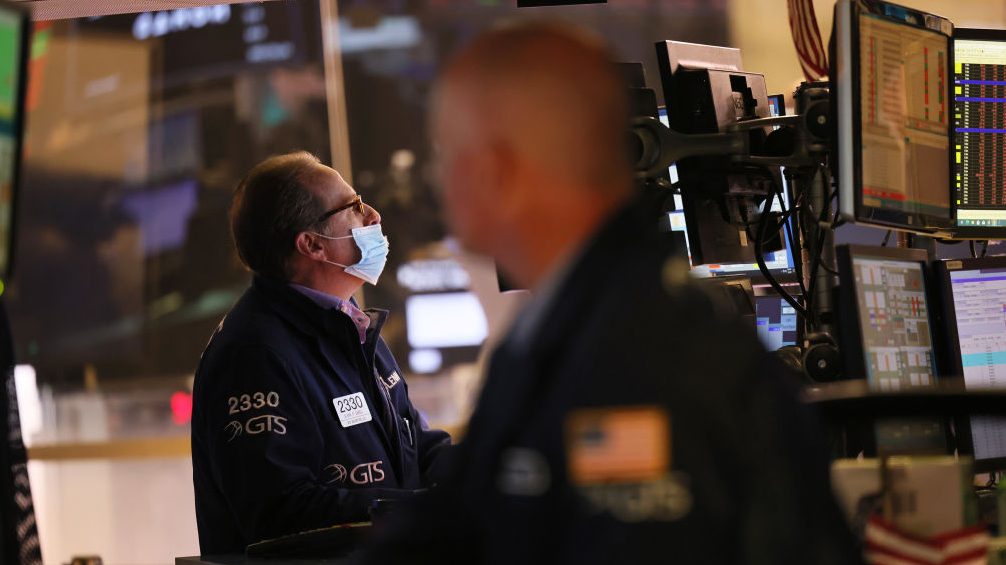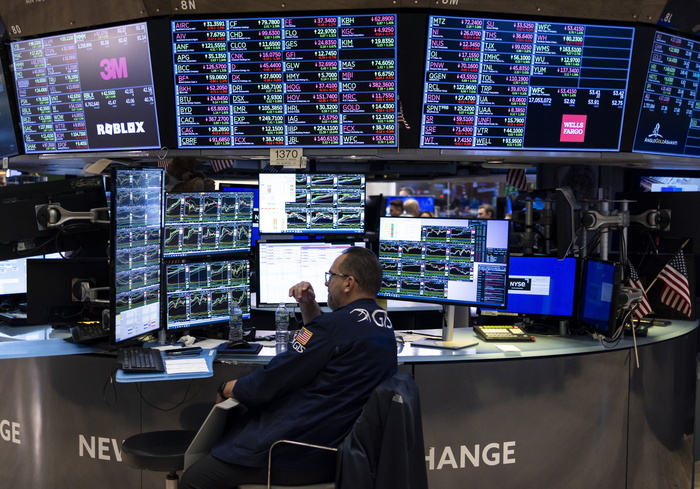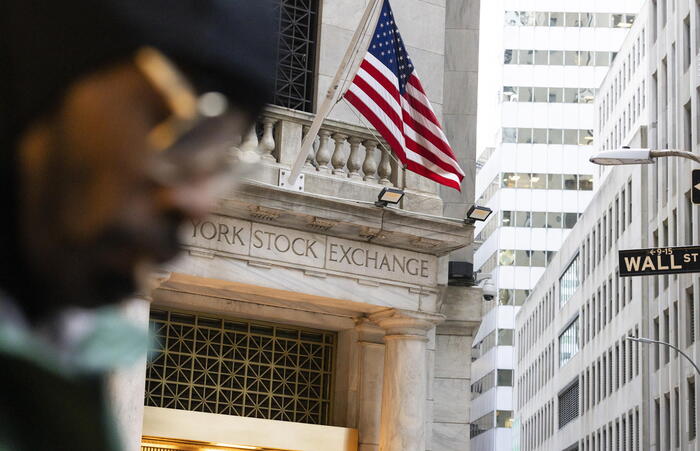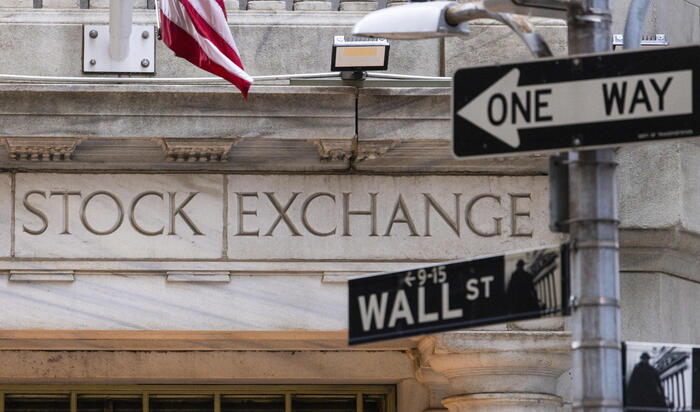China's plan to prevent its companies from leaving Wall Street 1:07
(CNN) --
So much good feeling on Wall Street.
US markets fell sharply on Thursday, marking their worst day of the year and eviscerating all of Wednesday's gains following the Federal Reserve's (Fed) announcement of plans to raise its benchmark interest rate.
Fed Chairman Jerome Powell helped reassure investors Wednesday afternoon, saying future rate hikes of more than 50 basis points "are not something [the Fed] is actively considering," which leads to a bullish surge in the markets.
All major indices were up around 3%, with the S&P 500 and Dow Jones having their best days in nearly two years.
But investors woke up to a binge-trading hangover on Thursday, with markets catapulting into the red as they digested the Fed news.
All of yesterday's gains were erased by noon and the markets only got worse from there.
The Dow fell 1,120 points, or 3.3%, the S&P 500 fell 3.7%.
The Nasdaq Composite fell 5.2%, its worst day since 2020.
advertising
Oil company CEOs blame Wall Street for high gas prices.
know why
"I've been in the markets for 25 years and I've never seen anything like this," said Danielle DiMartino Booth, CEO and chief strategist at Quill Intelligence, a Wall Street and Federal Reserve research firm.
"It's violent, not just volatile."
DiMartino Booth thinks the massive drop only makes sense if you classify yesterday's surge as a meltdown.
"Markets were so primed to rally yesterday and there were probably a lot of people who were short and had to rush to cover, it's a backlash today," he said.
The rapid market swings indicate that equity markets still don't know what to make of the Federal Reserve, John Lynch, chief investment officer at Comerica Wealth Management, wrote in a note Thursday.
The question they must answer, he noted, is not an easy one: "How could technology and growth sustainably drive the market higher with the Fed acknowledging inflation and committing to higher rates?"
Credit: Michael M. Santiago/Getty Images
Even without future interest rate hikes of 75 basis points, quantitative tightening poses a threat to economic growth and to markets that have grown accustomed to accommodating Fed policy.
"There may be some pain associated with going back to that, but the big pain is not dealing with inflation and allowing it to take hold," Powell warned during his Wednesday afternoon news conference.
Market crashes like today's are rare and reminiscent of 2008 and 2009, said Randy Frederick, managing director of trading and derivatives at the Schwab Center for Financial Research.
But economic conditions are much stronger than they were at the start of the Great Recession, leaving analysts scratching their heads for a catalyst, he said.
So what changed between last night and today for investors to do a 180 degree turn?
"Tea leaves are hard to read right now," Frederick commented.
"But this could be a sign of market capitulation, where investors are panicking to the point of throwing in the towel."
The capitulation, he added, may also indicate that we have bottomed out in the market.
Big tech stocks led the losses on Thursday.
Big tech is particularly vulnerable to rising rates because its promise of future innovation and subsequent earnings are valuable to investors.
Facebook's parent company Meta fell almost 6.8%, Amazon dropped 7.6% and Google's parent company Alphabet fell 4.7%.
"However, in all policy moves, there are negative consequences, which are hopefully muted and have less impact than the problem being addressed," Rick Rieder, BlackRock's chief investment officer of global fixed income, wrote in a note on Monday. Wednesday.
"The consequences we risk by tightening policy are a potential recession, potential job and wage loss, and clearly tighter financial conditions that will affect virtually all financial markets."
E-commerce stocks also fell precipitously after reporting weak earnings for the first quarter of the year.
Etsy fell almost 17% and eBay fell about 12%.
Meanwhile, new economic data showed labor productivity fell 7.5% in the first quarter of 2022, its fastest drop since 1947.






